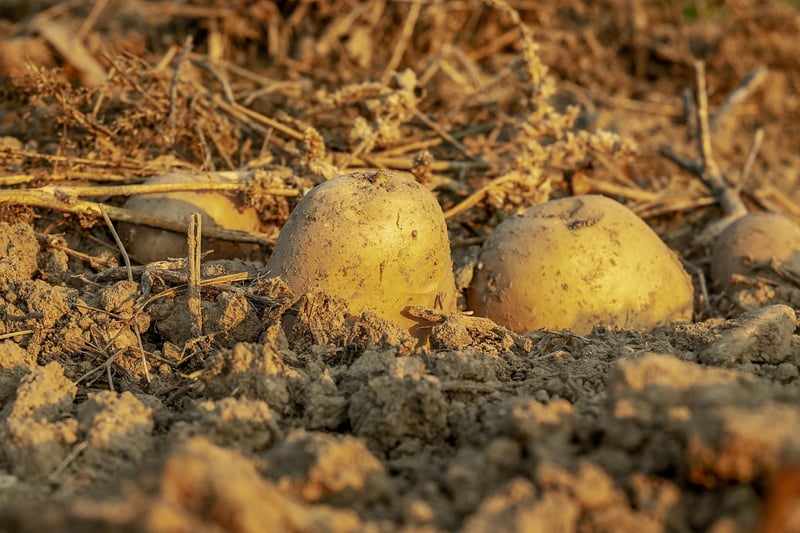Nutrient-Rich Soil
Guide to Turning Kitchen Scraps into Compost for Nutrient-Rich Soil
Welcome to our comprehensive guide on transforming your kitchen scraps into nutrient-rich compost for your garden. Composting is a sustainable way to recycle organic waste and create a valuable soil amendment that will benefit your plants. Let's dive into the process and learn how to turn waste into a resource!
Why Compost?
Composting is a natural process that decomposes organic material into rich humus, providing essential nutrients for plants and improving soil structure. By composting kitchen scraps, you can reduce waste sent to landfills and decrease your carbon footprint.
What Can You Compost?
You can compost a variety of kitchen scraps, including fruit and vegetable peels, coffee grounds, eggshells, and more. Avoid composting meat, dairy, and oily foods as they can attract pests and create odors.
Composting Process
- Start by choosing a compost bin or pile in a well-drained area.
- Layer your kitchen scraps with brown materials like leaves or shredded paper to maintain a good carbon-to-nitrogen ratio.
- Keep the compost moist but not soggy and turn it regularly to aerate the pile.
- After a few weeks to several months, depending on conditions, your compost will be ready to use in the garden.
Benefits of Compost
Compost improves soil structure, increases water retention, and enhances nutrient availability for plants. It also helps suppress diseases and pests, promoting a healthy garden ecosystem.
Using Compost
Once your compost is ready, incorporate it into garden soil or use it as mulch to nourish your plants. You'll see healthier growth, improved flowering, and better yields thanks to the nutrient-rich compost.
Get Started Today!
Composting kitchen scraps is a rewarding and environmentally friendly practice that benefits both your garden and the planet. Start composting today and enjoy the many benefits of nutrient-rich soil for your plants!

For more information on composting and sustainable gardening practices, check out EPA's composting guide.
